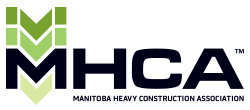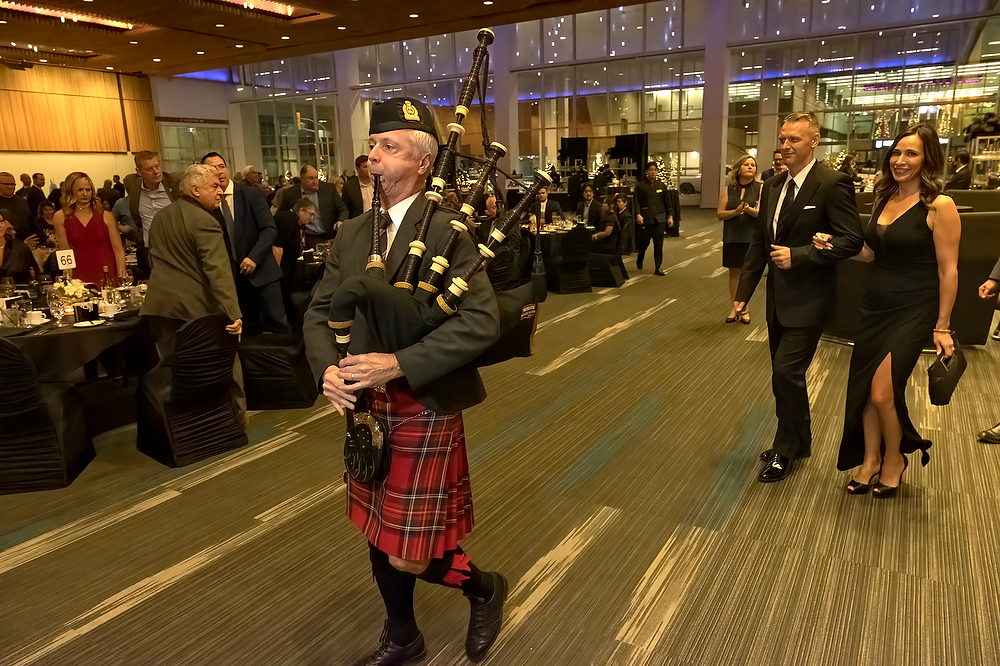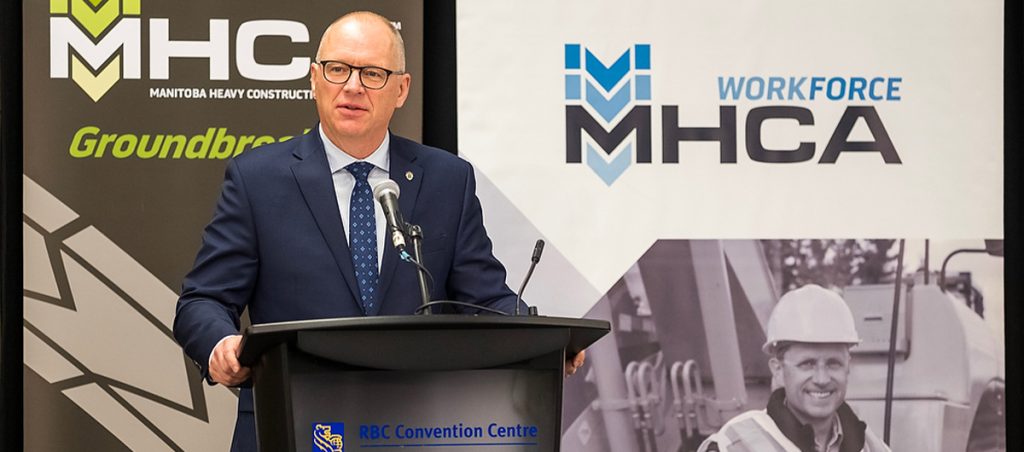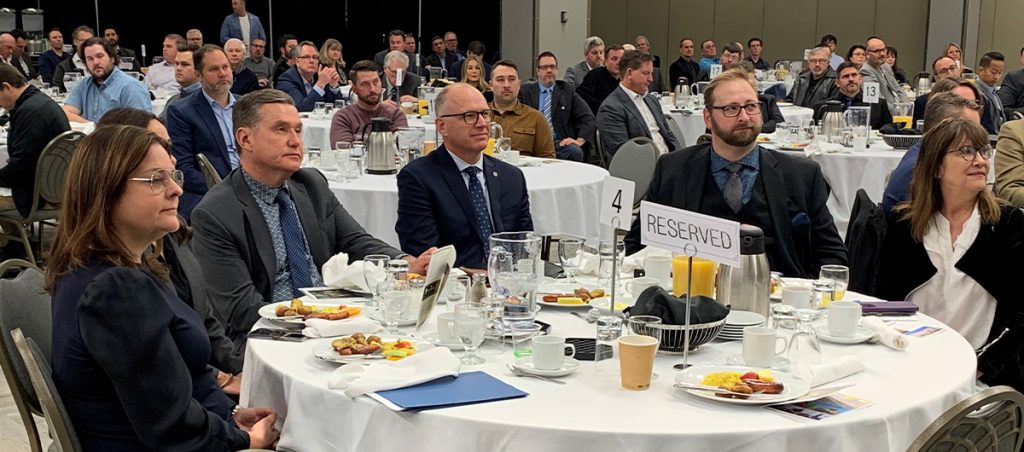Highways Capital investment rises in Manitoba’s 2020 budget
The provincial government is raising Highways Capital program to $362.5 million, making good on the first year of its election campaign promise to hike the program by an average $12.5 million annually.
Further, the budget for Manitoba Infrastructure includes an additional $5.4 million “carry-over” funds for use this year. The carry-over is a new budget line this year; previous years unspent program funds were returned to general revenues.
Budget 2020 was introduced to the legislative assembly today after more than a week’s delay due to Opposition filibustering.
“We very much support and appreciate the dedication of unspent highways investment dollars to the next year’s program,” MHCA President Chris Lorenc said.
Combined, the $17.9 million in additional dollars brings the Highways Capital program to $367.9 million. Water-control structures will see an investment of $30.9 million this year.
“That is a step towards improving provincial highways and roads; it’s a start,” Lorenc said.
The Highways Capital budget has weathered significant cuts since 2016. The actual investment in Highways Capital in 2015-16 was $628 million.
Other budget items of interest include the “remediation” of the Quarry Rehabilitation Fund. The budget indicates some $8 million sits in the separate account dedicated to the rehabilitation of spent pits and quarries.
The budget has allocated $2.8 million from the account to Agriculture and Resource Development Department’s “regulatory services” program to be used this year. The remaining $5.339 million is reported under other appropriations for use this year, as well.
The Pallister government has said all revenues collected from these fees will be used for the purpose set out, equal to the amount collected in the year.
“This more transparent accounting gives the industry and its partners in municipalities and the provincial department new focus for discussion,” Lorenc noted. “We will seek further detail on how the government envisions the expenditures to roll out in any given year, for the best use of the account and to ensure the rehab program’s continued success.”
Transfers to municipalities for roads and bridges remain static, as does the $15.8 million for the Water Services Board this year.








